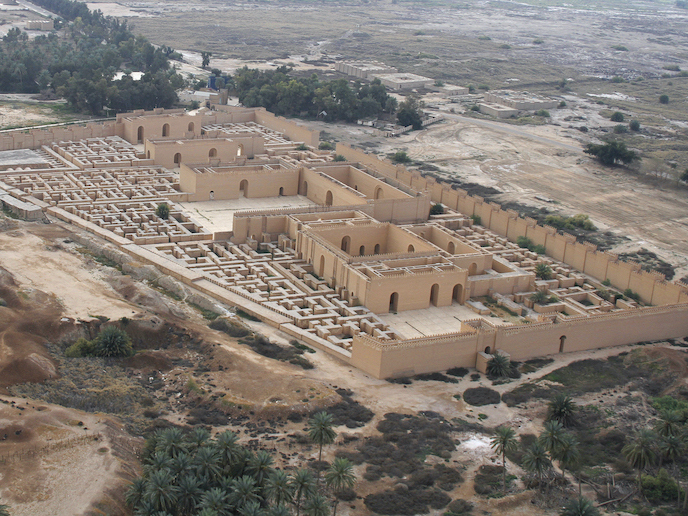Remembering complex histories of violence
How do societies remember past violence, and in particular, widespread complicity with that violence? That is the central question of the EU-funded GREYZONE project, which examined the limitations of transitional justice institutions’ processes of accountability for past violations of human rights. “We were looking at authoritarian regimes, apartheid and military dictatorships,” explains project coordinator Mihaela Mihai. “We were particularly interested in finding out how both widespread complicity and forms of resistance that don’t conform with a heroic model tend to be erased from public memory.” The project, supported by the European Research Council, focused on three goals. First, to conceptualise complicity with state violence by offering a structurally and temporally attuned account of responsibility. Secondly, to conceptualise resistance in a way that challenges the dominant ‘hero-elect’ model. And finally, to assess artworks’ capacity to open up uncomfortable public conversations about complicity and resistance in a way that challenges the erasures of complicity.
Legal imaginary
Transitional justice is limited in its ability to conceptualise complicity with state violence, says Mihai, because it is evolved from a legal imaginary. “Many scholars and advocates of transitional justice come from the legal profession, where the understanding of political responsibility is modelled on legal responsibility,” she notes. Legal responsibility tends to focus on a clearly identifiable act committed by an individual at a certain moment in time. “Within enduring repressive regimes, you can start as a victim and end up as an accomplice. Law is therefore a very blunt instrument for addressing the structural, temporal and spectral nature of violence,” says Mihai. GREYZONE examined four different case studies: authoritarianism and military occupation in Vichy France, colonial apartheid in South Africa, communist authoritarianism in Romania and military dictatorship in Argentina. In each case, Mihai and her colleagues at the University of Edinburgh found that individuals differed in their reaction to, and participation in, systemic violence. The group also sought forms of what Mihai calls ‘impure resistance’ by individuals who sometimes resisted, sometimes cowered, out of fear, personal ambition or desire to protect loved ones. This picture stands in contrast to: “The normative model of the hero-elect, conceptualised as sovereign, unencumbered, courageous, usually a man, featuring exceptional virtues and resilience, whose commitment is unwavering," says Mihai.
Impure resistance
Finally, the team also pored over film and literary works that revealed the many faces of both complicity and resistance, in their complexity. “Art can often more powerfully disclose, problematise and politicise memory, in a way that, for example, trials and commissions of inquiry cannot,” explains Mihai. “Artworks inspire the public – intellectually, emotionally, sensorially – to embrace a more complex view of both complicity and resistance.” By highlighting acts of solidarity and resistance that are not recognised as such, Mihai and her colleagues aim to give them visibility. They hope this will expand people’s imagination of what they can do in response to various forms of repression. “Because it is the exception, the heroic model is alienating,” adds Mihai. “If what it takes is a hero, many of us will feel discouraged, when in fact impure resistances will have an important impact under repressive political conditions.” The results of the study have been published in a variety of international outlets, and Mihai’s own contribution is the subject of her forthcoming book, 'Caring for Memory: The Arts of Complicity and Impure Resistances'.
Keywords
GREYZONE, complicity, resistance, systemic, violence, authoritarianism, apartheid, dictatorship, hero







